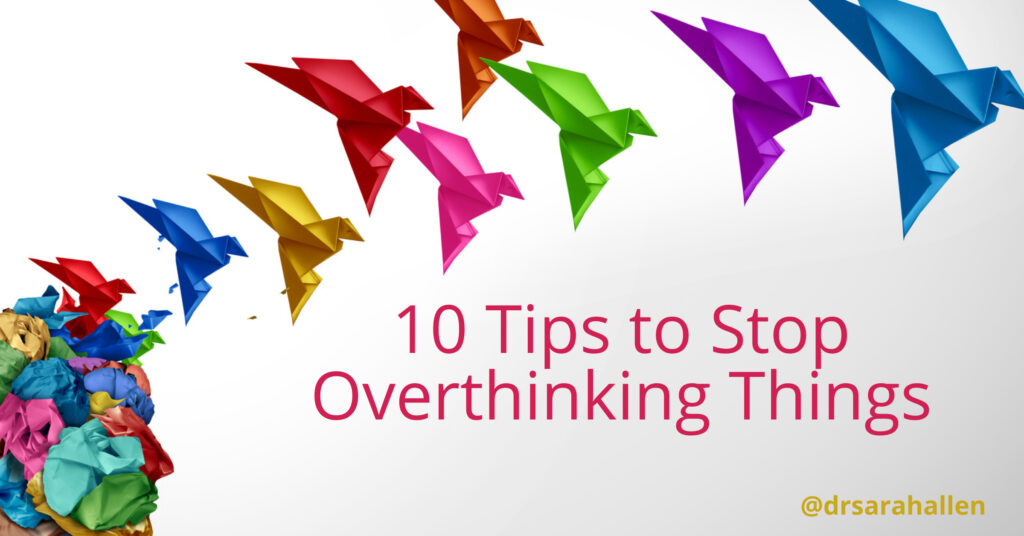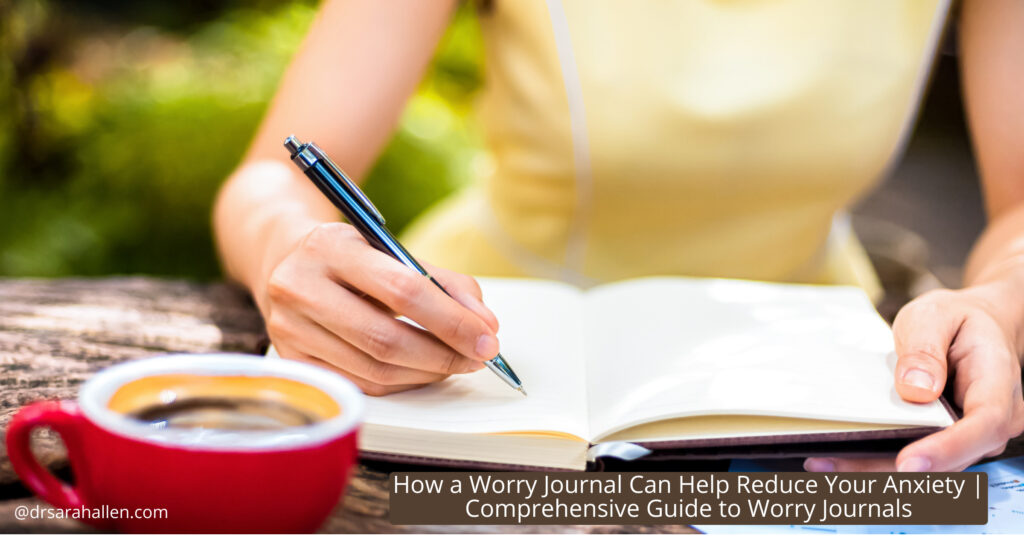
Feeling overwhelmed and stressed is common as responsibilities and unexpected challenges can pile up, making it hard to cope. Understanding why you feel overwhelmed and stressed is the first step to finding relief.
Everyday tasks, whether at work, school, or home, can contribute to a sense of overload. You might feel like there is not enough time in the day to get everything done. When these feelings persist and you become stressed, they can affect your mental and physical health.
Recognizing the sources of your stress can help you manage it better. Once you know why you feel overwhelmed, you can take steps to reduce these feelings. Implementing simple techniques and making small changes in your daily routine can make a big difference. I am writing this article in the hope that it will help you understand why you feel this way and offer practical tips to help you feel less stressed and more in control.
Understanding Why We Feel Overwhelmed
Feeling overwhelmed often comes from having too much on your plate. When there are many tasks and responsibilities, it can start to feel like there is not enough time or energy to handle everything. This feeling of being swamped can make it hard to think clearly and make decisions, sometimes called decision fatigue.
Another reason you might feel overwhelmed is due to high expectations, both from yourself and others. Trying to meet these expectations can put a lot of pressure on you. Whether it’s doing well at work, keeping up with household chores, or being there for family and friends, trying to do it all can lead to stress and burnout.
Additionally, unexpected events can add to feelings of overwhelm. Things like a sudden change at work, an emergency, or an illness in the family can throw off your routine and make everything feel more chaotic. Understanding that feeling overwhelmed comes from having too many demands and not enough resources to meet them can help you find ways to cope and take control.
Reasons Behind Feeling Stressed
Stress comes from various sources and can affect people in different ways. One common source is work-related stress. Deadlines, heavy workloads, and challenging tasks can create a lot of pressure. If you constantly feel like you are underperforming or lacking support, work stress can quickly build up.
Personal relationships can also be a significant source of stress. Conflicts with friends, family, or partners can cause emotional strain. Worrying about others and managing relationship dynamics adds to your stress levels.
Financial concerns are another frequent cause of stress. Struggling to make ends meet or worrying about debt can create constant anxiety. This can be overwhelming and affect your overall mood and health.
Finally, not taking enough time for self-care can contribute to stress. Ignoring your own needs and focusing solely on external demands can lead to exhaustion. It is important to recognize these stressors so you can address them and find ways to ease the burden.
10 Practical Steps to Reduce Stress and Overwhelm
1. Take Deep Breaths: Practicing deep breathing exercises can help calm your mind. Try inhaling slowly through your nose, filling your belly with air, then exhaling through your mouth. Repeat several times until you feel more relaxed.
2. Break Tasks into Small Steps: Tackling a big task can be daunting. Break it into smaller, more manageable steps. Focus on completing one step at a time to make it less overwhelming.
3. Prioritize Your Tasks: List all your tasks and prioritize them. Identify what needs immediate attention and what can wait. This helps you focus on the most important tasks first.
4. Set Realistic Goals: Set achievable goals for yourself. Avoid setting too many high expectations in a short time. This can relieve some pressure and give you a sense of accomplishment.
5. Take Short Breaks: Allow yourself short breaks throughout the day. Stand up, stretch, or take a walk. Giving yourself a short break can refresh your mind.
6. Limit Screen Time: Reduce the amount of time you spend on your phone, computer, or TV. Too much screen time can add to your stress levels.
7. Stay Organized: Keeping your environment organized can help you feel more in control. Use planners, to-do lists, or apps to keep track of your tasks and appointments.
8. Exercise Regularly: Physical activity can lower stress and improve your mood. Aim for at least 30 minutes of exercise several times a week.
9. Practice Gratitude: Take a moment each day to reflect on positive things in your life. Writing down what you are grateful for can shift your focus from stress to positivity.
10. Talk to Someone: Sharing your feelings with a friend or family member can provide relief. Sometimes, just talking about what’s bothering you can help you feel lighter.
Implementing Stress-Reduction Techniques in Daily Life
Incorporating stress-reduction techniques into your daily routine can make a big difference. Start by taking a few deep breaths each morning. This simple practice helps set a calm tone for the day. As you go through your tasks, remember to prioritize and break them down into smaller steps.
Keep your work and living spaces organized. A tidy environment can help you feel more in control. Use tools like planners and to-do lists to keep track of your tasks. Make sure to add short breaks into your schedule to give your mind a rest. Stand up, stretch, or walk around to avoid feeling overwhelmed.
Staying active is important. Regular exercise, even simple activities like walking, can lower stress levels. Aim for at least 30 minutes of physical activity on most days. As you wind down in the evening, practice gratitude. Reflect on positive things that happened during the day and write them down.
Lastly, if stress becomes too much, talking to someone you trust can help. Sharing your feelings with a friend or family member can lighten your emotional load but if stress turns to anxiety, it is good to seek out an experienced therapist who can help you process everything that is going on for you and develop coping strategies to reduce stress and anxiety.
Final Thoughts
Understanding why you feel overwhelmed and stressed is the first step in managing these emotions. By recognizing common stressors and implementing practical stress-reduction techniques, you can regain a sense of control and well-being. Remember, small steps can lead to significant changes in how you handle stress.
Adopting these strategies can help you create a more balanced, less stressed life which in turn is good for your mental and physical health. It’s essential to make time for yourself, set realistic goals, and practice gratitude daily. Staying organized, limiting screen time, and maintaining an active lifestyle also contribute to reducing stress.
If you find it challenging to manage stress, I offer personalized support to help you navigate these challenges. Contact me on the form below or call me on 847 791-7722 to start your journey towards a less overwhelmed and less stressed life. I am happy to help!

If you have any questions, or would like to set up an appointment to work with me and learn how to reduce anxiety, please contact me at 847 791-7722 or on the form below.
If you would like to read more about me and my areas of specialty, please visit Dr. Sarah Allen Bio.
Dr. Allen’s professional license only allows her to work with clients who live in IL & FL & the UK and unfortunately does not allow her to give personalized advice via email to people who are not her clients.
Dr. Allen sees clients in person in her Northbrook, IL office or remotely via video or phone.

What Can I Read That Helps Me While I Am Waiting For My First Appointment With Sarah?
Download this free booklet to gain valuable insights and practical strategies for managing anxiety and worrying.




































